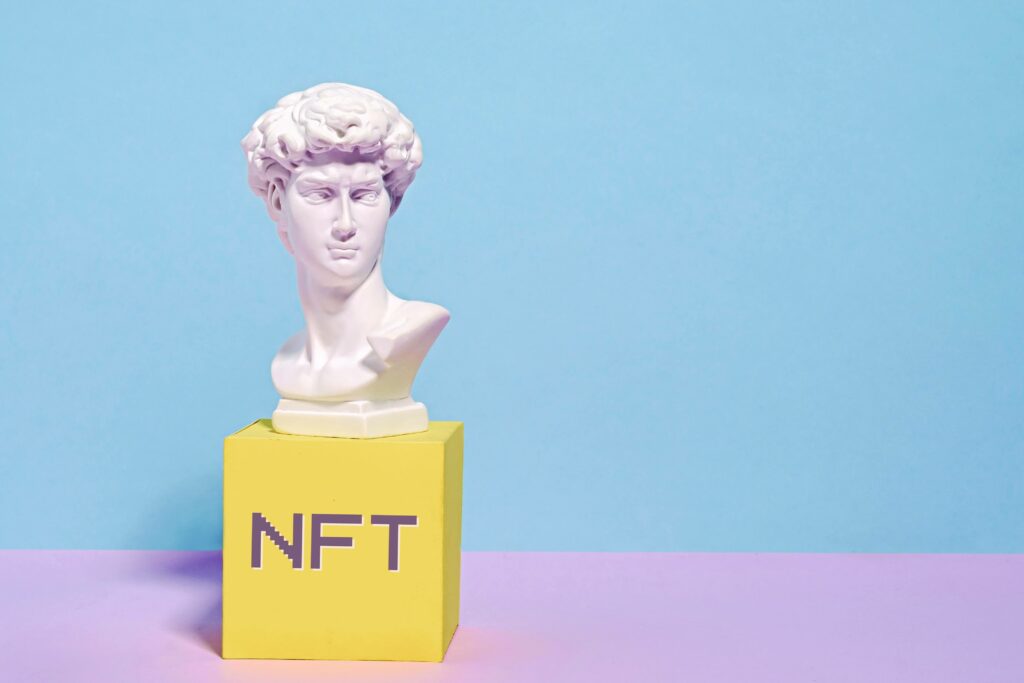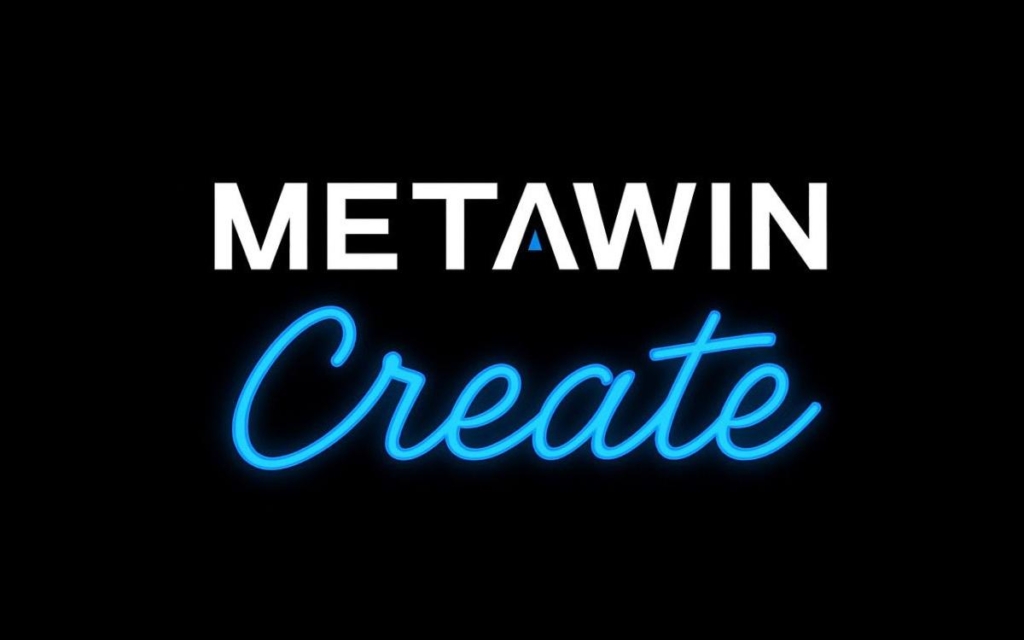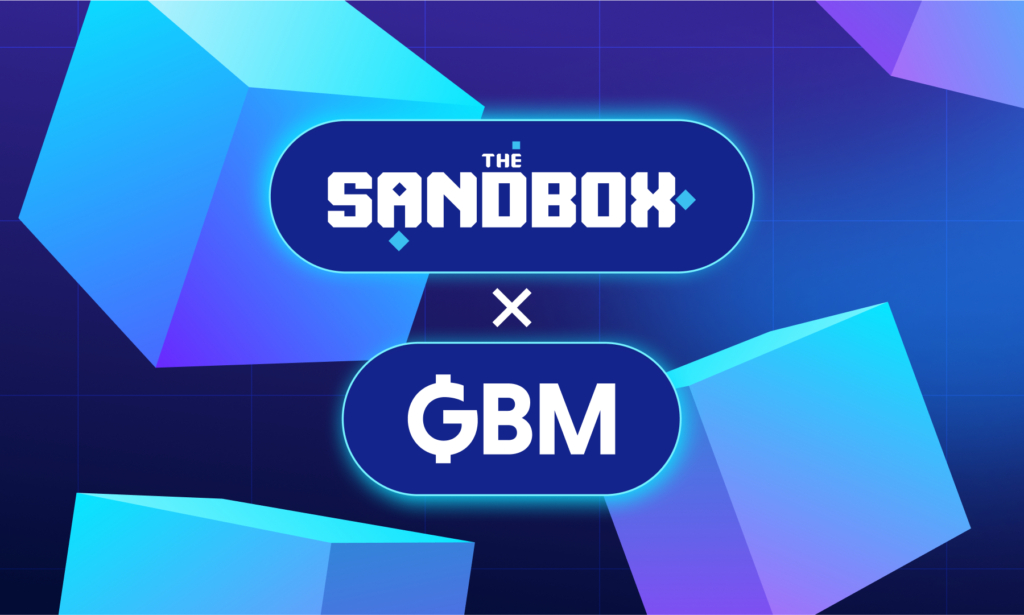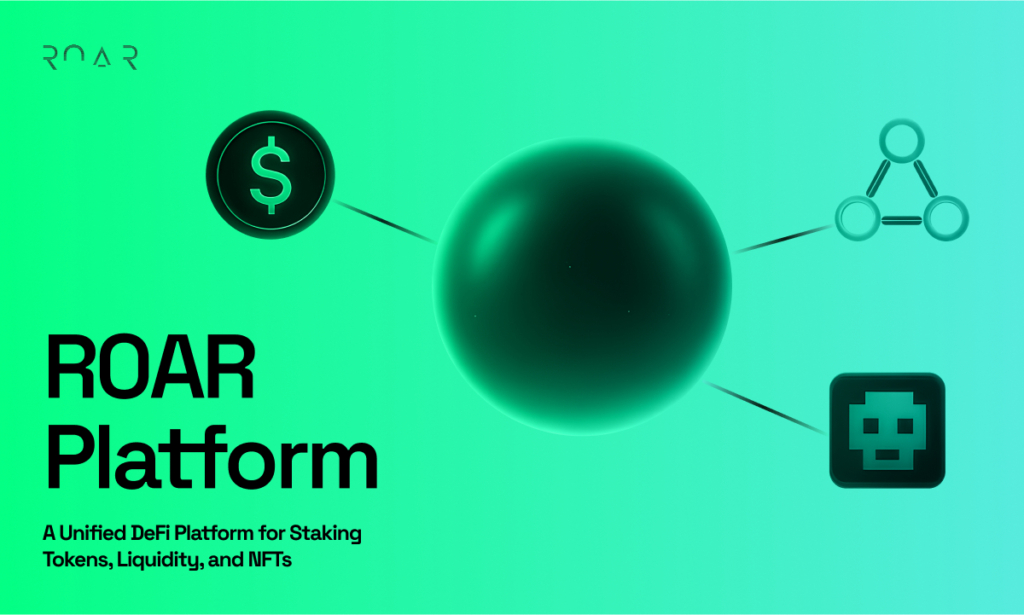Non-fungible tokens (NFTs) are digital assets that are unique and cannot be replicated or replaced. They have been gaining a lot of attention in recent times, and it’s no surprise that they have the potential to disrupt traditional industries. In this article, we will explore how NFTs can change the traditional world.
One of the most significant impacts of NFTs is in the art industry. NFTs can be used to represent ownership of digital artworks, which can be bought, sold, and traded just like traditional art pieces.
This opens up new opportunities for artists and collectors, as it eliminates the need for physical art galleries, and allows for a more accessible and global market.
NFTs also allow for the creation of unique, one-of-a-kind digital artworks that can be authenticated and tracked on the blockchain.
Another industry that NFTs can disrupt is the gaming industry. NFTs can be used to represent in-game items such as weapons, armor, and collectibles.
These items can be bought, sold, and traded on the blockchain, providing a new revenue stream for game developers and a new way for players to interact with their favorite games.
NFTs also enable the creation of unique and limited-edition in-game items, which can be used to drive player engagement and retention.
The collectibles industry can also be impacted by NFTs. NFTs can be used to represent ownership of physical collectibles such as sports cards, stamps, and coins.
This allows for a more accessible and global market for collectibles, as well as a more secure and transparent way to authenticate and track ownership.
NFTs can also change the traditional music industry. NFTs can be used to represent ownership of digital music files, allowing artists to sell their music directly to fans without the need for intermediaries such as record labels.
NFTs can also be used to represent ownership of unique and limited-edition music experiences, such as concert tickets, backstage passes, and meet-and-greets.
In conclusion, NFTs have the potential to disrupt traditional industries by creating new opportunities and revenue streams and by providing a more accessible, secure, and transparent way to represent ownership.
As the technology continues to evolve and gain more mainstream acceptance, we can expect to see more and more industries being impacted by NFTs.



